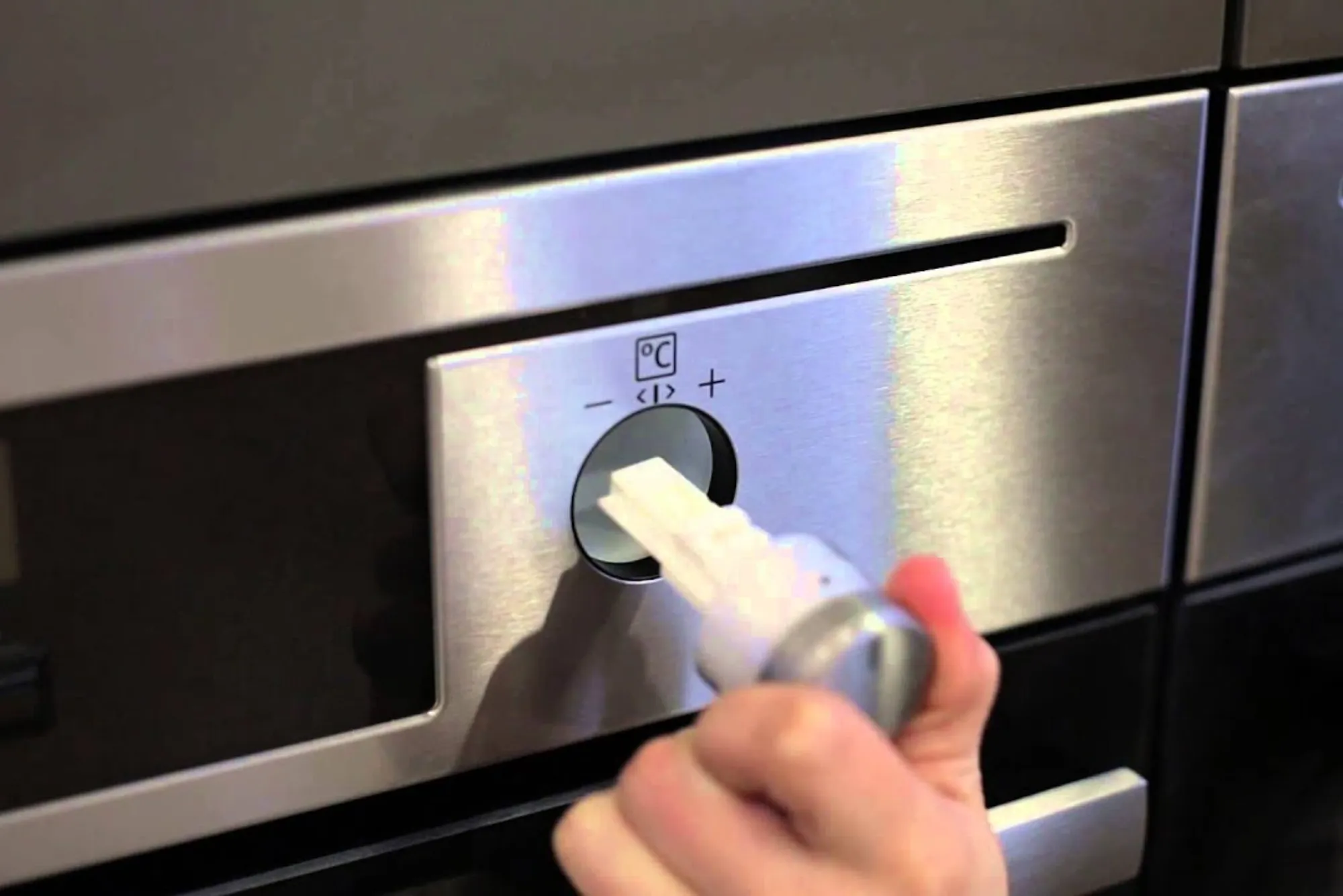What is Home Nursing Care?
Home nursing care, often referred to as in-home care or home health care, involves professional medical and personal care services provided in the comfort of a patient’s home. This type of care is ideal for individuals who need ongoing medical support but prefer to stay in their familiar surroundings rather than a hospital or nursing facility.
Benefits of Home Nursing Care
Home nursing care offers numerous benefits that can significantly improve a patient’s quality of life. These benefits include:
Personalized Care Care plans are tailored to meet the specific needs of each patient.
Comfort of Home Patients can recover and live in the comfort of their own homes, surrounded by loved ones.
Cost-Effective Home care can be more affordable compared to prolonged hospital stays or nursing home care.
Improved Recovery Familiar surroundings can promote quicker recovery and better mental health.
Professional Supervision Continuous monitoring and professional medical support ensure that the patient receives high-quality care.
Types of Home Nursing Care Services
Home nursing care encompasses a wide range of services, each designed to meet specific health and personal needs. These services include:
Medical Services
- Skilled Nursing Care: Provided by registered nurses (RNs) and licensed practical nurses (LPNs), skilled nursing care includes administering medications, wound care, intravenous (IV) therapy, and monitoring vital signs.
- Physical Therapy: Physical therapists help patients regain strength and mobility through exercises and therapeutic techniques.
- Occupational Therapy: Occupational therapists assist patients in improving their ability to perform daily activities and regain independence.
- Speech Therapy: Speech therapists work with patients to improve communication skills and address swallowing difficulties.
- Medical Social Services: Medical social workers provide counseling and help patients access community resources and support services.
Non-Medical Services
- Personal Care: Assistance with daily activities such as bathing, dressing, grooming, and toileting.
- Companionship: Providing emotional support and companionship to reduce feelings of loneliness and isolation.
- Homemaking Services: Help with household tasks such as meal preparation, light housekeeping, and laundry.
- Transportation: Assistance with transportation to and from medical appointments, social activities, and errands.
Who Can Benefit from Home Nursing Care?
Home nursing care is suitable for a variety of individuals, including:
- Elderly Individuals: Seniors who require assistance with daily activities or have chronic health conditions.
- Post-Surgical Patients: Individuals recovering from surgery who need temporary medical support.
- Chronic Illness Patients: Those with chronic illnesses such as diabetes, heart disease, or respiratory conditions.
- Disabled Individuals: People with physical or developmental disabilities who need assistance to live independently.
- Pediatric Patients: Children with medical needs that require continuous monitoring and care.
Choosing a Home Nursing Care Provider
Selecting the right home nursing care provider is crucial for ensuring high-quality care. Consider the following factors when choosing a provider:
Qualifications and Licensing
Ensure that the agency and its staff are properly licensed and accredited. Check for certifications from reputable organizations and verify the qualifications of the nurses and caregivers.
Experience and Reputation
Look for a provider with a solid track record and positive reviews from clients. Ask for references and read online testimonials to gauge the quality of care.
Range of Services
Choose a provider that offers a comprehensive range of services to meet your specific needs. This ensures that you can receive all necessary care from a single source.
Customized Care Plans
A good home nursing care provider will develop personalized care plans based on a thorough assessment of the patient’s needs and preferences.
Availability and Reliability
Confirm that the provider can offer flexible scheduling and has reliable caregivers who can be trusted to arrive on time and deliver consistent care.

Communication and Support
Effective communication between the care provider, patient, and family members is essential. Choose a provider that keeps you informed and offers ongoing support and updates.
Cost and Insurance Coverage
The cost of home nursing care varies depending on the level of care required, the duration of services, and the geographic location. It is important to discuss pricing upfront and explore insurance options. Many insurance plans, including Medicare and Medicaid, offer coverage for home health care services.
Paying for Home Nursing Care
- Private Insurance: Check if your private insurance policy covers home nursing care.
- Medicare: For eligible patients, Medicare may cover part of the cost of home health services.
- Medicaid: Medicaid provides coverage for home health care for those who qualify based on income and other criteria.
- Out-of-Pocket: Some services may need to be paid out-of-pocket, so it’s essential to budget accordingly and explore all available financial assistance programs.
Common Myths About Home Nursing Care
Home Nursing Care is Only for the Elderly
While many elderly individuals benefit from home nursing care, it is also suitable for younger patients recovering from surgery, managing chronic illnesses, or living with disabilities.
Home Care is Too Expensive
Compared to long-term hospital stays or nursing home care, home nursing care can be more cost-effective. Various payment options and insurance coverage can also help manage expenses.
Home Nursing Care Means Losing Independence
Home nursing care aims to enhance independence by providing the necessary support to perform daily activities and manage health conditions effectively.
The Future of Home Nursing Care
Advancements in technology and healthcare practices continue to improve the scope and quality of home nursing care. Innovations such as telehealth, remote monitoring, and advanced medical equipment allow for more effective and efficient care at home. As the demand for home nursing care grows, the industry is expected to expand, offering more specialized services and improved patient outcomes.
Angels of Care Pediatric Home Health
Angels of Care Pediatric Home Health is a dedicated provider of home health care services for children. Their mission is to ensure that medically fragile children receive the highest quality care in a nurturing and supportive environment. Angels of Care offers a range of services including skilled nursing, therapy services, and personal care. Their compassionate and highly trained staff work closely with families to develop customized care plans that meet the unique needs of each child, promoting better health and well-being.
Sunil Medical Clinic
Sunil Medical Clinic is a reputable healthcare provider offering comprehensive medical services to the community. The clinic is known for its patient-centered approach, providing personalized care and attention to every individual. Services at Sunil Medical Clinic include preventive care, chronic disease management, diagnostic services, and minor surgical procedures. With a team of experienced healthcare professionals, the clinic aims to deliver high-quality medical care, fostering a healthy and supportive environment for all patients.










